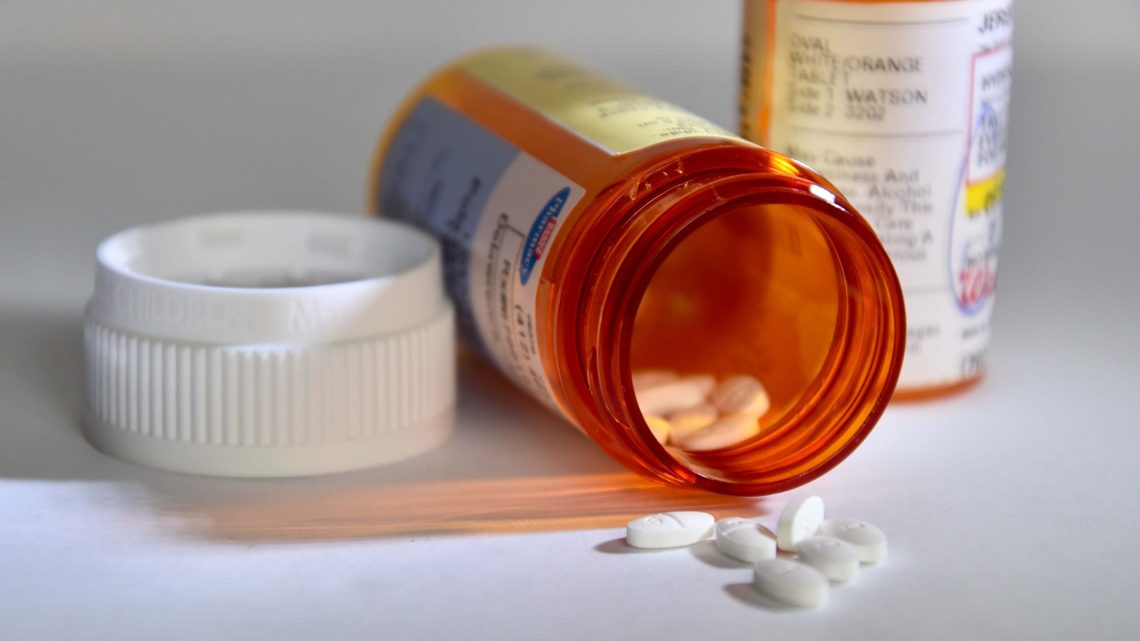Medication errors occur when a mistake is made during the prescription, dispensing, or giving of a medication. While some medication errors do not cause any harm, others can result in serious or even life-threatening injuries. When a medication error results in an injured victim, the situation is known as a preventable adverse drug event. In today’s article, we explore how medication errors arise, the potential harm they can cause, and how taking an active role in your healthcare can help prevent mistakes.
How Do Medication Errors Happen?
When you accept a prescription from a doctor or pharmacist, you trust that they have given you the correct medication and dosage for your needs and best health outcome. However, there are approximately 6,800 prescription medications available in the United States, to say nothing of the countless over-the-counter drugs, health supplements, lotions, and other substances in the market. With such a vast quantity of substances available across the U.S., it is an unfortunate reality that mistakes can be made when drugs are dispensed or prescribed.
Additionally, many substances can potentially cause adverse effects when incidentally combined with other treatments. As an example, a patient that takes an over-the-counter drug containing acetaminophen while also taking prescription painkillers may exceed the recommended dose of acetaminophen and suffer liver damage. Medication errors can arise when a doctor or pharmacist is unaware of a patient’s use of over-the-counter medications or other treatments, resulting in a prescription that reacts negatively with other substances in the victim’s system.
Some of the most common causes of medication errors include:
- Poor communication between the victim’s doctors or pharmacists
- Poor communication between the doctor and the victim
- Medical abbreviations
- Medications that look similar or drug names that sound alike
What Are the Different Types of Medication Errors?
Medication errors can occur in many ways, many of which can cause serious harm to their victim. Some of the most frequently encountered medication errors include:
- Prescription of an expired product: Improper storage of prescription medication can result in the use of expired or deteriorated products.
- Incorrect duration of medication use: A duration error occurs when a medication is provided to a patient for a shorter or longer period than their prescription.
- Incorrect strength: A medication that is an incorrect dosage may not help the victim with their underlying condition or cause life-threatening complications. Particularly with children’s medication, it is vital that the correct dosage is used. Human error usually plays a role in situations where an incorrect dosage is provided.
- Incorrect timing: It can be difficult to precisely follow a prescription schedule. However, some medications absorb at different rates depending on whether they are taken with or without food.
- Incorrect usage: When a patient takes a medication incorrectly, incorrect usage has occurred. Correctly informing patients on the specific usage of their medication(s) can prevent this type of mistake.
- Known allergen: When a patient is given a medication that they are allergic to, the problem is frequently caused by a communication failure or incorrect charting.
- Pharmacist error: A pharmacist may make a mechanical or judgmental mistake that causes harm to a patient.
- Distractions: A doctor or pharmacist that is distracted by other duties may prescribe the wrong medication, an improper dose, or incorrect usage instructions.
- Illegible handwriting: Physicians are oftentimes pressed for time, which can lead them to quickly scribble down prescription orders. Doing so can confuse a pharmacist or practitioner and lead them to make their best guess as to what the initial physician prescribed. Particularly in a medical emergency, this can have dire consequences.
What Harm Can a Medication Error Cause?
Improper use or dosage of a medication can have catastrophic consequences, including long-term health complications or death. Youman & Caputo notes that medication errors can cause:
- Overdoses
- Underdoses
- Allergic reactions
- Lethal drug interactions
- Cardiac arrest
- Brain damage
- Delayed ability to recover from a medical condition
Who Can be Responsible for a Medication Error?
Multiple parties may be complicit in a medication error, from a patient’s physician to the pharmacy they receive an incorrect prescription from. Generally, there are four parties that may be found liable for a medication error, depending on the specific circumstances of a case:
- A healthcare worker: Physicians, nurses, and other hospital staff have a duty of care to their patients. They are obligated to prescribe and administer medications in the correct amount and to the right person. Failing to meet this professional standard of medical care can result in a claim of medical malpractice.
- A healthcare facility, hospital, or emergency room: If the liable healthcare provider was an employee of a medical center or the facility made an error that led to the medication mistake, the facility could face liability for harm caused.
- A pharmacy: Pharmacies are obligated to fill prescriptions correctly. Medications must be labeled, given to the correct person, and their usage must be clearly explained. Rushed or negligent pharmacists can make mistakes that put a patient’s life at risk.
- A pharmaceutical company: Marketing or production defects made by a pharmaceutical company can cause serious harm. In such a case, the pharmaceutical company may be liable for harm caused by their product.
How Can You Reduce the Risk of a Medication Error?
When it comes to medication errors, your best defense is knowledge. If you do not understand any aspect of a medication that you are prescribed, ask your doctor or pharmacist immediately. Any time you start a new medication, be sure that you have an answer for the following questions:
- What is the medication’s generic or brand name?
- What do I do if I accidentally miss a dose?
- If I accidentally take more than the recommended dose, what should I do?
- What is the recommended dose, and how long should I take the medication?
- Are there activities, other medications, foods, or drinks that I need to forego while on this medication?
- Are there any known side effects? If so, what should I do if they occur?
Be sure to always notify your doctor of any known drug allergies, as well as other medications, supplements, or substances you are taking, even if they are over-the-counter drugs. Doing so can prevent any unexpected reactions between different medications in your system. By helping your doctor stay aware of your medical history and current medication intake, they can design a care plan that keeps you healthy and safe.





No Comment